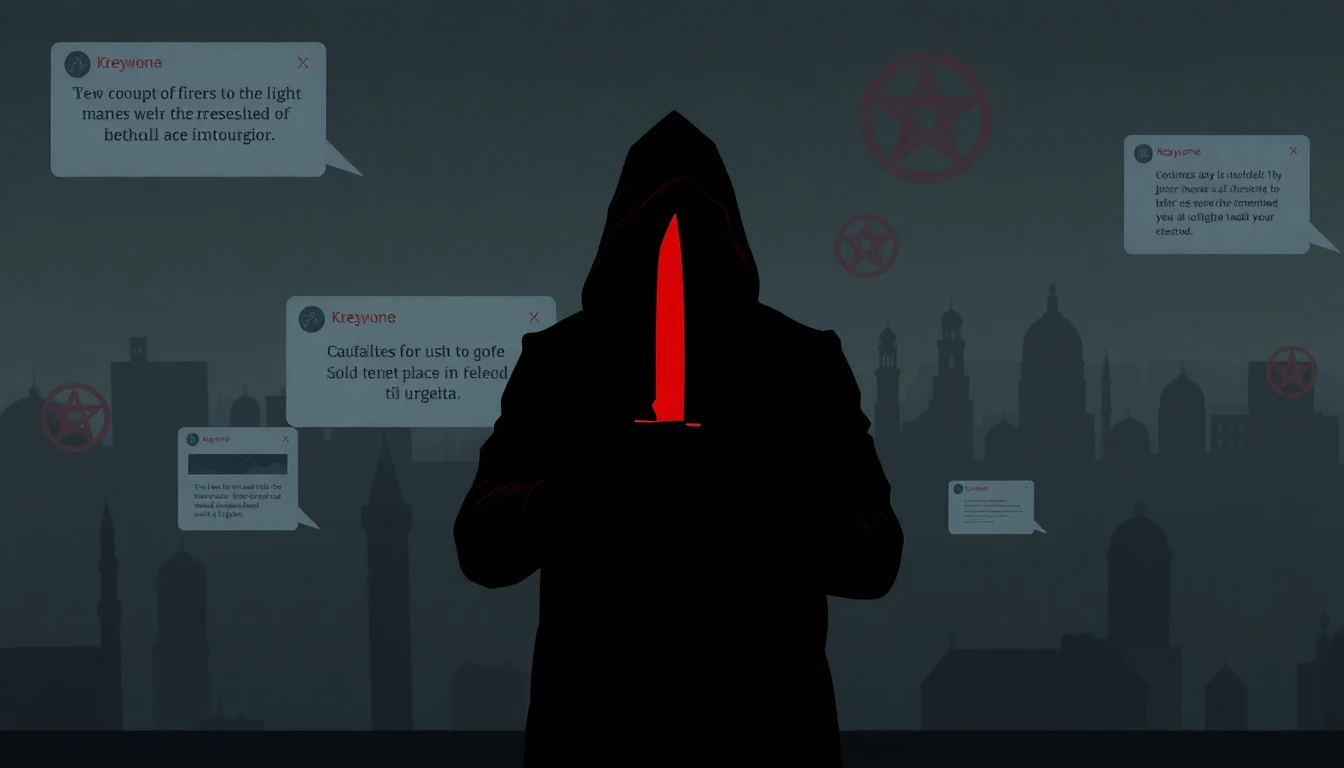In recent months, Europe has witnessed a troubling rise in young individuals becoming radicalized through social media platforms like TikTok and Instagram.
These platforms, driven by algorithms, expose users to extremist content, leading to a new wave of "TikTok terrorists.
" Many of these individuals are teenagers, often with psychological vulnerabilities, who are drawn into closed groups on apps like Telegram, where they are further indoctrinated.
The Islamic State (IS) exploits this trend, encouraging lone-wolf attacks and claiming responsibility for such acts to boost their influence.
This digital radicalization poses a significant challenge for security agencies, as traditional monitoring methods become obsolete.
Experts warn that the combination of social media influence and psychological factors could lead to more frequent and unpredictable attacks in the future.









